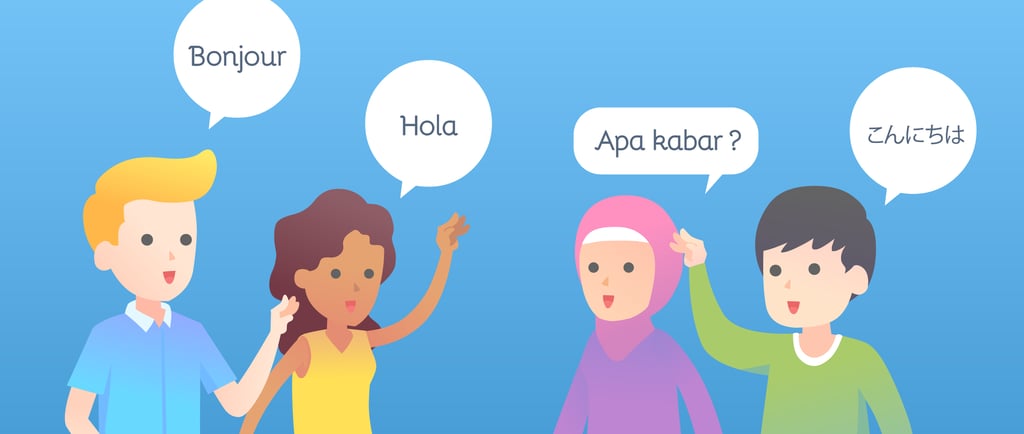Navigating Language Barriers
Help your clients overcome language barriers while traveling abroad. Provide tools and strategies that ensure smooth communication and a richer travel experience for everyone.
9/14/20242 min read


Introduction
Navigating language barriers is one of the most common challenges travelers face when visiting foreign countries. For travel agents, preparing clients to handle these barriers can make a significant difference in the quality of their travel experience. Whether it’s ordering food, asking for directions, or engaging in local cultural activities, language plays a critical role in the smooth functioning of a trip.
This article will explore strategies for helping clients overcome language barriers, including useful tools, apps, and techniques that can ease communication. We will also discuss the benefits of mastering this aspect of travel, both for agents and their clients.
Common Language Barrier Challenges
While English is widely spoken in many parts of the world, it’s far from universal. Some of the common challenges clients might face include:
Miscommunication in Restaurants: Clients may struggle to order food, ask about dietary restrictions, or understand menu options in a foreign language.
Difficulty Navigating Public Transportation: Figuring out schedules, directions, and signs in an unfamiliar language can be daunting.
Engaging with Locals: Meaningful engagement with local residents may be limited without basic knowledge of the language.
Tips for Travel Agents to Help Clients Overcome Language Barriers
Recommend Translation Apps
Modern translation apps, like Google Translate or iTranslate, are invaluable tools for overcoming language barriers. Recommend these to your clients and provide guidance on how to use them effectively, including features like offline mode for use in areas without internet access.Encourage Learning Basic Phrases
Learning just a few basic words and phrases in the local language—such as “hello,” “thank you,” or “please”—can make a big difference in interactions. Providing clients with a list of essential phrases and phonetic pronunciations will boost their confidence.Suggest Using Visual Aids
Visual aids, such as maps, images, or written cards with important phrases, can be a quick solution to communication issues. For instance, a card with the name of a hotel written in the local language can help clients ask for directions more easily.Hire Local Guides or Interpreters
For clients traveling to regions with significant language barriers, consider arranging local guides or interpreters. Not only do these professionals help with communication, but they also enhance the overall cultural experience by providing deeper insights into local customs and traditions.Provide Access to Bilingual Resources
If your client is visiting a destination with a significant language gap, provide them with bilingual travel guides, maps, or brochures that are available in both English and the local language.
Benefits for Travel Agents
By preparing clients to overcome language barriers, travel agents can:
Enhance Client Experience: Clients who feel more confident navigating language barriers will enjoy their travels more fully, leading to higher satisfaction.
Reduce Travel Anxiety: Offering tools and resources to manage communication issues reduces the stress and anxiety associated with foreign travel.
Strengthen Client Relationships: By proactively addressing potential challenges, you position yourself as a problem-solver and trusted advisor.
Conclusion
While language barriers can be intimidating, they don't have to prevent travelers from having a rewarding and enjoyable experience. By equipping clients with the right tools and resources, travel agents can ensure that language is a bridge, not a barrier, to meaningful travel experiences.
